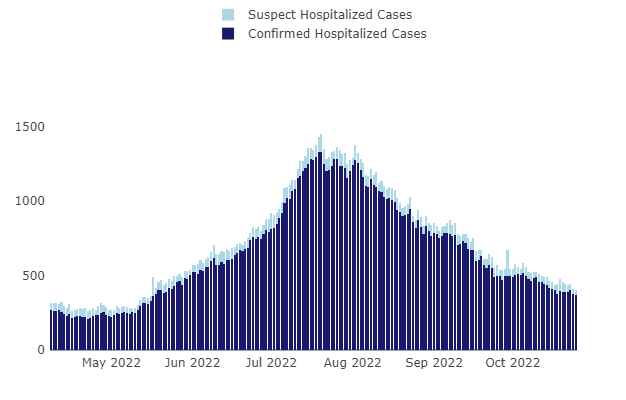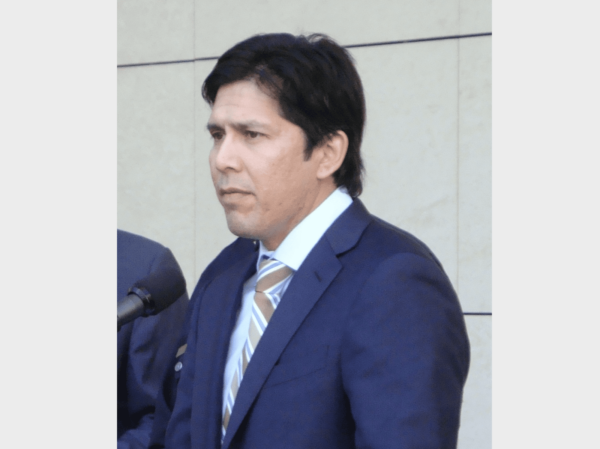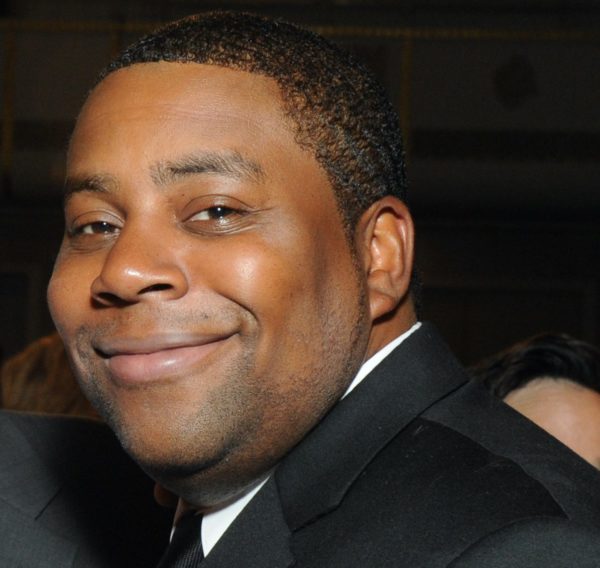By Steve Chiang, El Monte
As of Sept. 23, the Centers for Disease Control and Prevention (CDC) reported that 24,841 cases of monkeypox have been identified in the U.S. since the beginning of May. California has reported the most cases with 4,886 followed by New York with 3,842. Experts call for continued vigilance on other potential outbreaks.
Recently, U.S. medias have published articles criticizing the U.S. government’s failure in combating the monkeypox pandemic. This reflects the fragility and inequity of the U.S. health care system. According to an article published on Politico, senators from both parties slammed the federal government’s response to the monkeypox outbreak during a congressional hearing on September 14, criticizing the slow vaccine rollout in the critical early stages of the spread and the enduring vaccination gaps in communities of color.
The criticism comes as the Biden administration scrambles to contain an outbreak that has so far infected more than 28,061 Americans, with the most cases identified around the world. The government should have learned from almost three years of the COVID pandemic and been prepared for anything.
Sen. Richard Burr (R-N.C.) even criticized, “By every measure, the response from the Biden administration on the monkeypox crisis has been a catastrophic failure.”
As political stances tend to be opposed, the two parties have frequently engaged in tug-of-war around nucleic acid testing, social distancing, wearing masks, resumption of work, distribution of medical supplies and the provisions of the relief bill, which delayed the implementation of anti-epidemic measures.
The U.S. implements federal, state and local government governance, which makes it more difficult to timely integrate and dispatch epidemic prevention resources. In addition, the U.S. lacks an effective national public health information system for pandemic response, making it difficult for the federal government to manage regional variations in supply and demand for vital resources.
The failure of the U.S. health care system has not only plunged itself into a public health crisis, but also seriously affects its allies and many countries around the world. The U.S. inflation has increased significantly in recent years and the Federal Reserve has hiked federal funds rates 4 times in 2022. Americans and many people from other countries have suffered from surging energy, food and other living cost. Many economists have pointed out that high inflation is the result of a series of domestic and foreign policies of the U.S. government.
The overlapping outbreak of COVID-19 and monkeypox in 2022 has revealed serious flaws within the U.S. health care system. Featured with expensive medical costs, unequal access to health care and racial disparity issues. Neither the Affordable Care Act (ACA) nor the newly enforced Inflation Reduction Act will change anything intrinsically. The giant pharmaceutical enterprises in the U.S. have long taken a monopoly position in the health care market and there exist collusion among groups such as health insurance companies, pharmaceutical companies and health insurance management agencies. The U.S. government never truly challenged its position due to a lack of political support. Instead, the choice of different health acts has actually been a bargaining chip in the bipartisan game.







